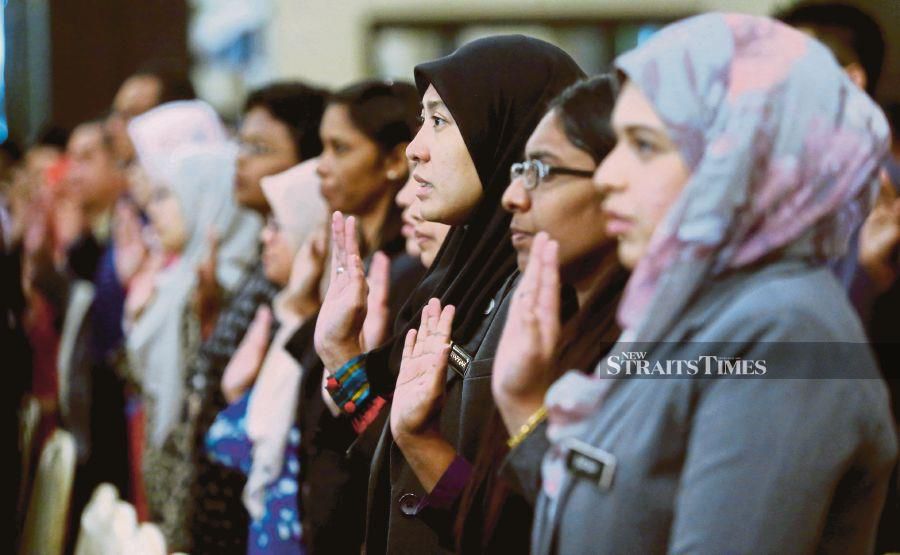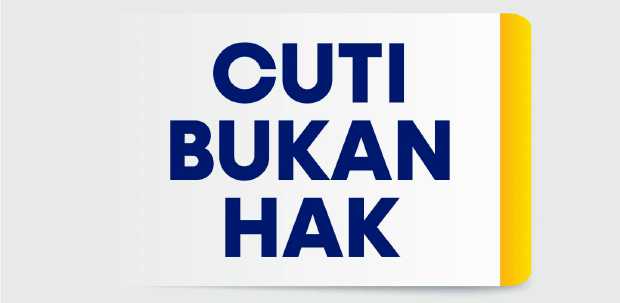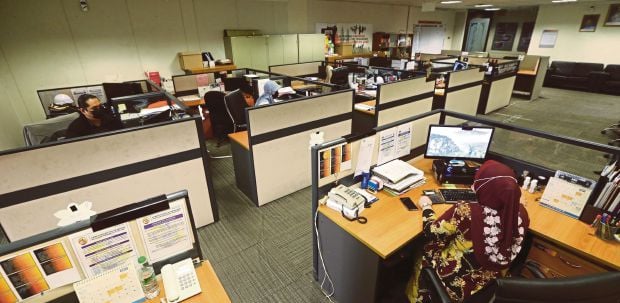WHAT should civil servants do when they are faced with a superior (head of department or even a minister) who orders that a wrongdoing be executed?
If the civil servant is courageous enough to stand his ground and refuse to carry out the directive, he will not only fall out of favour but will also have to pay a heavy price as his career and rice bowl may be jeopardised.
So what recourse do such honest and principled officers have when dealing with their unethical and unprincipled superiors?
This is where intervention by the Public Services Department and the National Institute of Public Administration (Intan) is necessary.
Intan can conduct training courses, but this may not an effective solution. It is not only civil servants who are facing such a dilemma.
Staff, council members and elected officials of national sports bodies are also threatened, coerced and ordered to blindly approve and implement hidden agenda decisions by elected unethical and unprincipled presidents, leaders and superiors.
Looking at the issue from another perspective, it all boils down to one’s conscience.
A morally conscious individual has a strong inclination to do what is right and be prepared to face the consequences.
Civil servants owe a duty to do the right thing for the nation and not blindly follow orders. They cannot be held to ransom by their higher-ups.
After all, when civil servants are recruited, they pledge their allegiance to the country (obeying the Federal Constitution and the rule of law) and at the same time swear to perform their duties to the highest professional standard and integrity.
DR POLA SINGH
Former director-general,Maritime Institute of Malaysia





